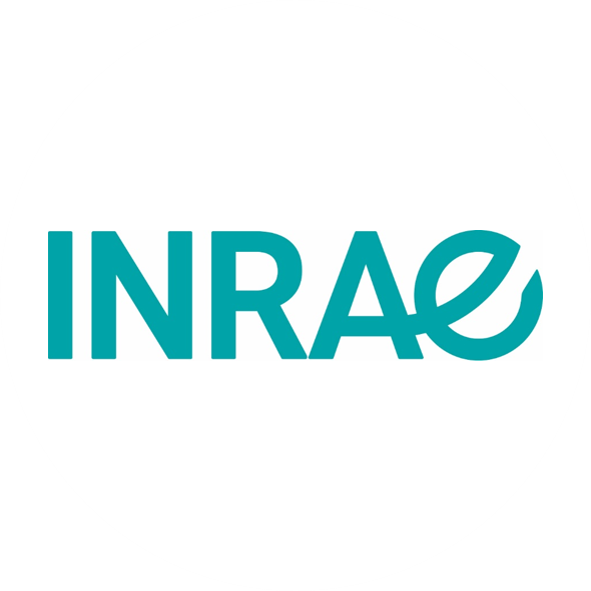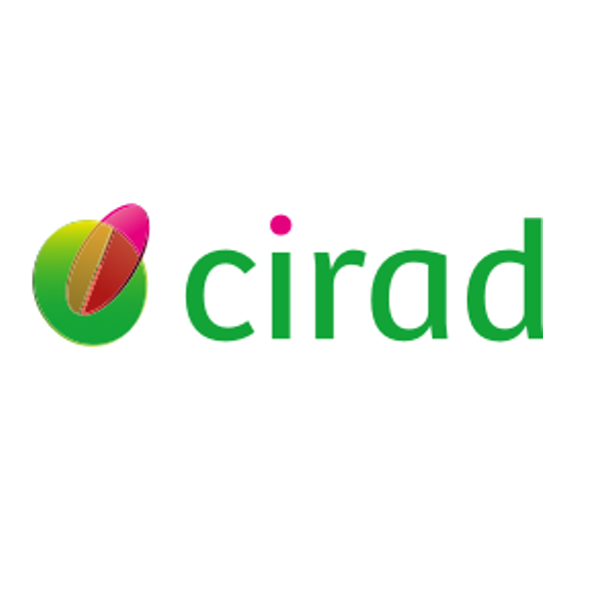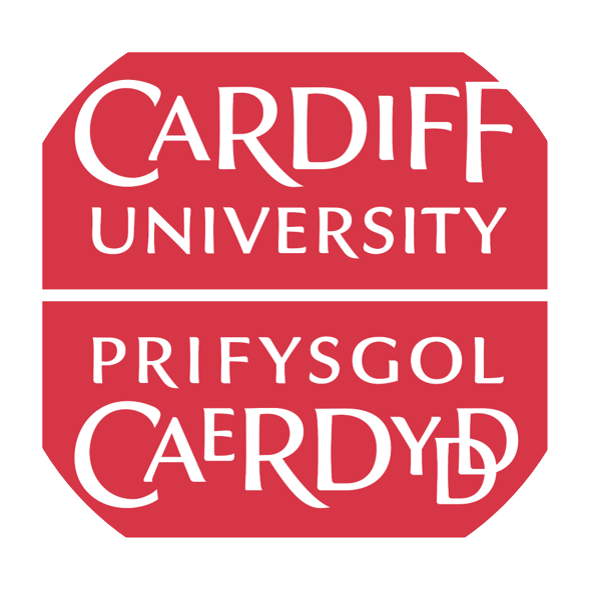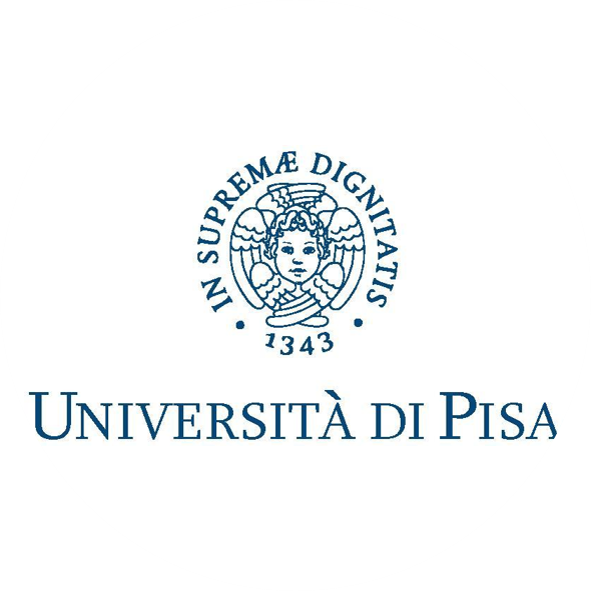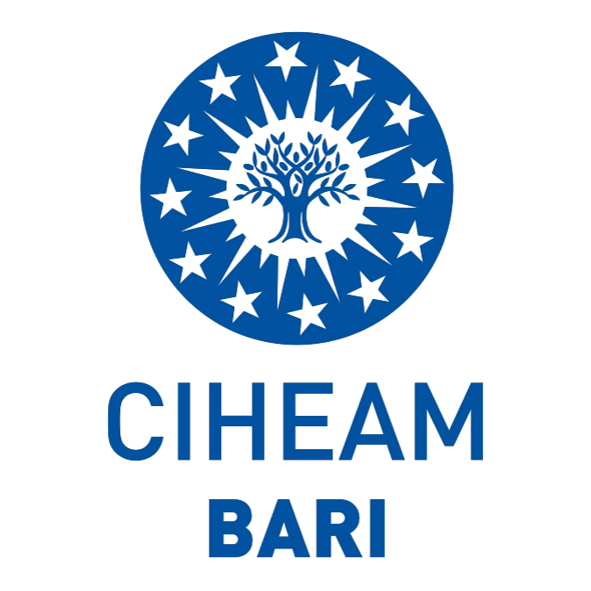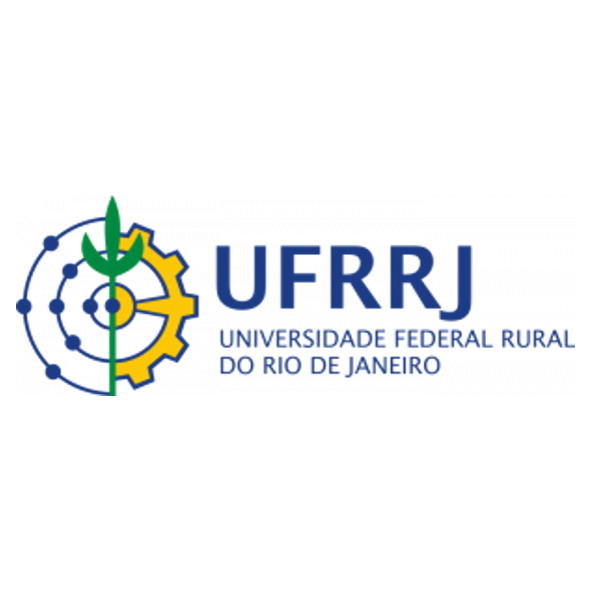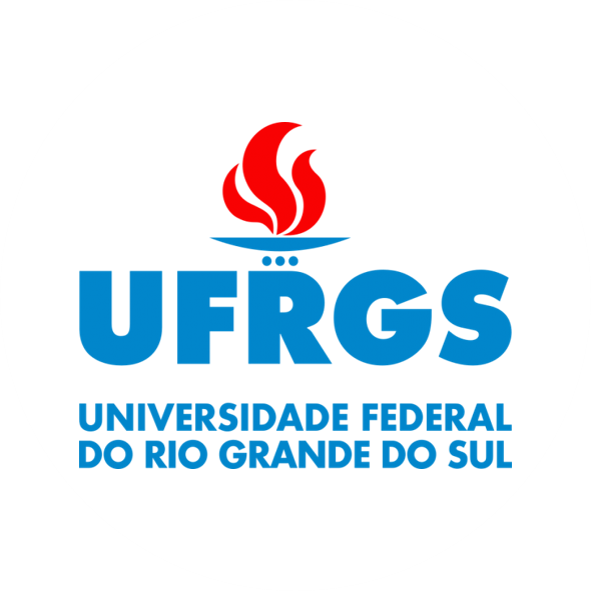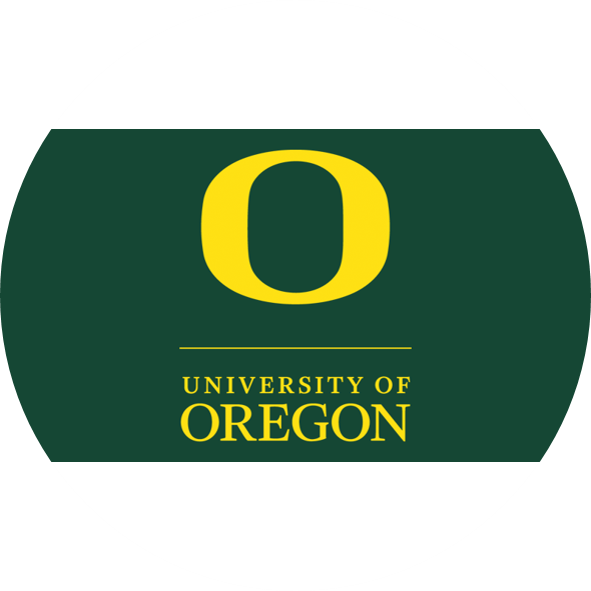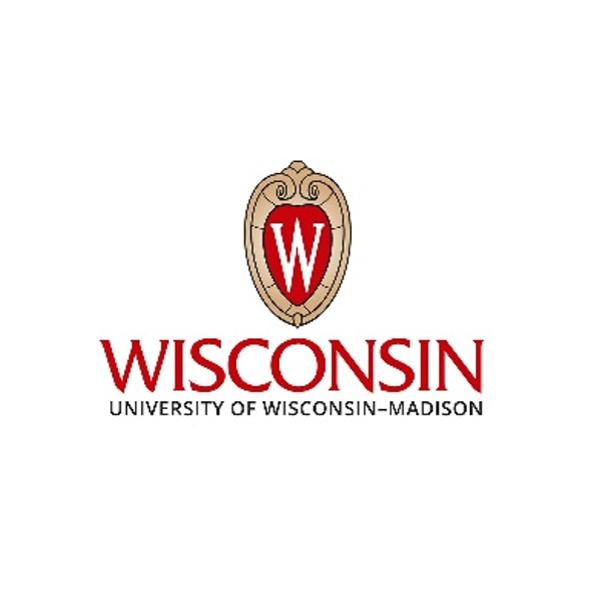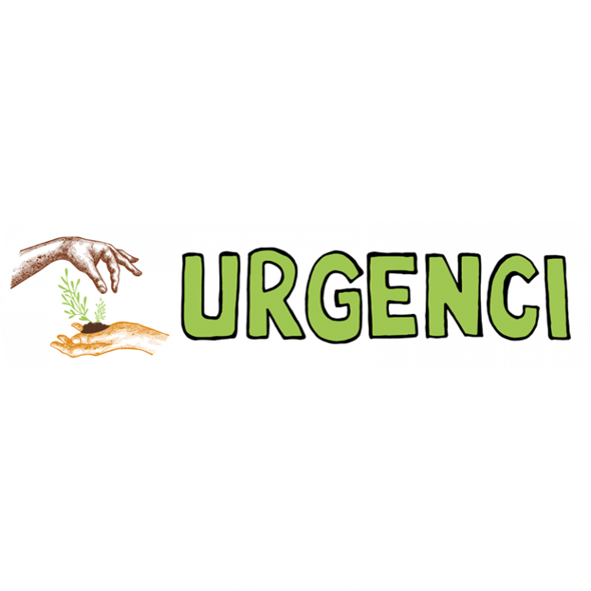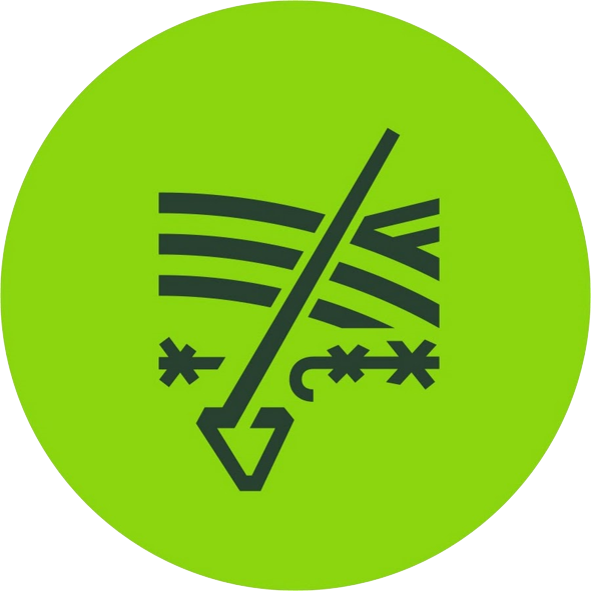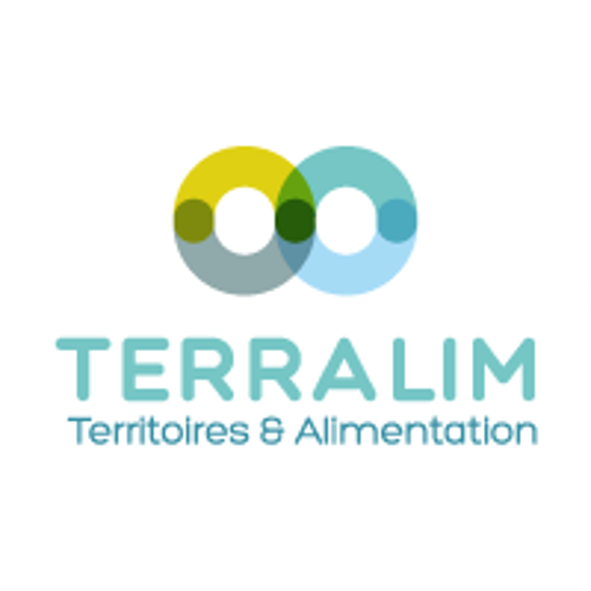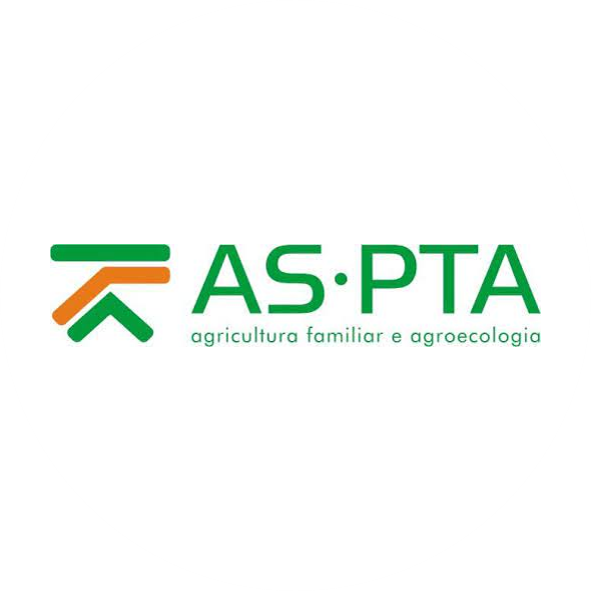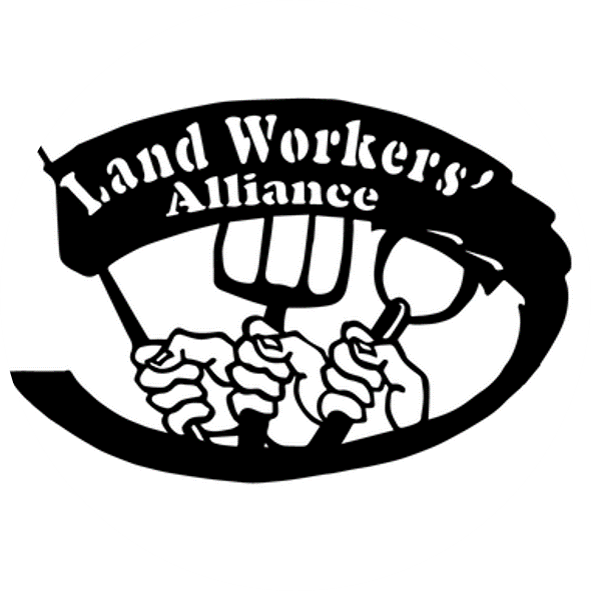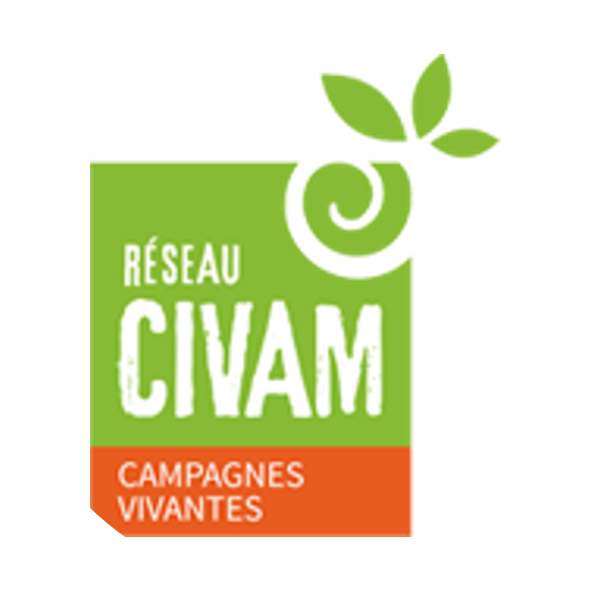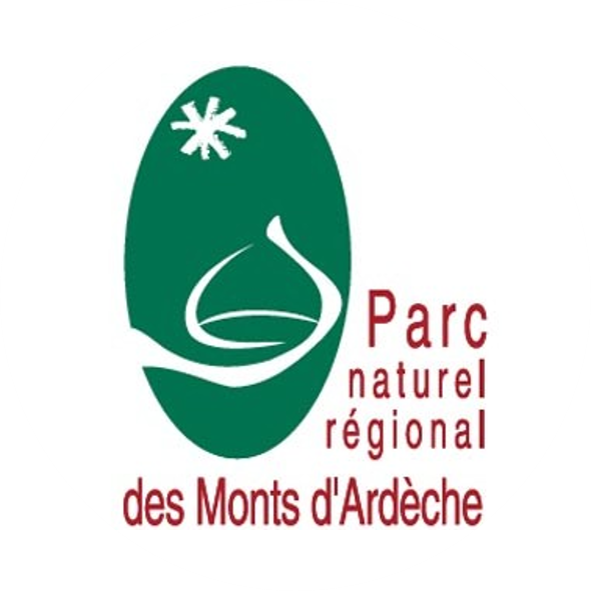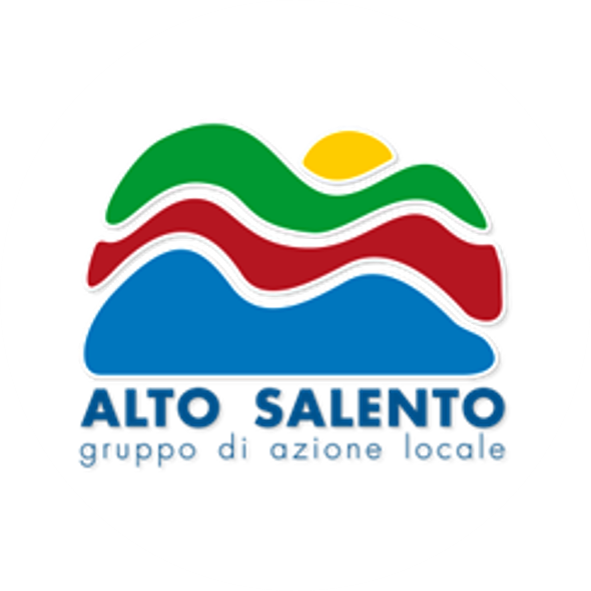Universities and research centres |
|
| INRAE Institut National de Recherche pour l’Agriculture, l’alimentation et l’Environnement | INRAE is Europe’s largest agricultural research organization. Its mission is to produce and disseminate knowledge, train future scientists, inform public policy, innovation through technology transfer and partnerships, shape national and European research strategies and fostering debate regarding science’s role in society. Most ATTER participants are members of ACT (Sciences for action and transition) which is an INRAE’s interdisciplinary research division which gathers agricultural, ecological and human and social scientists. |
|
| CIRAD Centre de Coopération Internationale en Recherche Agronomique pour le Développement | CIRAD, the French Agricultural Research Centre for International Development, is an organization working for the sustainable development of tropical regions. |
|
| Cardiff University | Cardiff University has more than 20 years of research experience in the fields of agri-food and rural development. Within Cardiff U, PLACE is a unique international research institute leader in the emerging interdisciplinary field of sustainability science that brings together leading scholars across a wide-range of academic disciplines. |
|
| Coventry University | Coventry University is an ambitious and innovative university making a significant contribution to important global and societal challenges. The Centre for Agroecology, Water and Resilience (CAWR), a flagship research centre at COVUNI is the largest centre in the world doing transdisciplinary research on agroecology and sustainable food systems. |
|
| Università di Pisa | University of Pisa accounts for 50.000 enrolled students and 3000 staff. The Agricultural Economics group of the Department of Agriculture, Food and Agri-environmental Science (DAFE) has a long-standing experience in the research on sustainable rural development. It has a distinguished position in the scientific Italian landscape for its interdisciplinary approach, which has opened agricultural economics to social studies and to issues related to the agro-environment and policy evaluation. |
|
| CIHEAM-IAMB Centro Internazionale di Alti Studi Agronomici Mediterranei Bari-Italy | The Italian Institute of CIHEAM, an intergovernmental organisation including 13 Mediterranean countries, promotes multilateral cooperation in the fields of agriculture, fishery, food and rural development through postgraduate training, research, networking, and political and research partnerships. It coordinates two institutional networks MOAN-Mediterranean Organic Agriculture Network and MIP-Mediterranean Innovation Partnership for youth entrepreneurship and technological transfer in agrofood sector. |
|
| UFRRJ Universidade Federal Rural do Rio de Janeiro | UFRRJ stands out for the implementation of pioneering initiatives in the field of agroecology and organic production. UFRRJ hosts the Social Sciences Graduate Program on Development, Agriculture and Society (CPDA/UFRRJ), with more than 40 years of research on agriculture, rural development and food systems. In partnership with EMBRAPA, the Brazilian public agricultural research corporation, UFRRJ also hosts an Integrated System of Agroecological Production: Fazendinha Agroecológica Km 47. This unit is responsible for the coordination and development of research, education and extension activities. |
|
| UFRGS Universidade Federal do Rio Grande do Sul | UFRGS has a long tradition on studies related to agricultural development, both in agrarian and environmental disciplines, with critical contribution to train human resources and develop technologies and innovations. UFRGS hosts the Graduate Program in Rural Development. UFRGS has more than 700 registered research groups. The 4 UFRGS professors linked to this project are part of GEPAD, the Group of Studies and Research in Agriculture, Food and Development (GEPAD / PGDR / UFRGS), which has become one of the centres of reference in the country in the debate on family farming, rural development and food systems. |
|
| University of Oregon | University of Oregon is a public flagship research university in Eugene, Oregon. The University serves the people of Oregon, the USA and the world through research, teaching, and outreach that benefits humanity, drives innovation, strengthens the economy, and transforms lives. The Food Studies program brings the power of an interdisciplinary approach to food systems. |
|
| UWM-CIAS Center for integrated agricultural systems of Madison Wisconsin University | The Center for Integrated Agricultural Systems is an interdisciplinary and participatory center for agroecological research, outreach, and training at the University of Wisconsin-Madison in the United States. |
| | University of Vermont | |
International civil society networks |
|
| Urgenci | Urgenci association is the International network for Community Supported Agriculture initiatives (CSA). It brings together citizens, small-scale food producers, consumers, activists and concerned political actors aiming at strengthening, broadening and building the capacity of all forms of local solidarity-based partnerships between producers and consumers for agroecology. Urgenci activities are all based on a transnational network of regional and local partnerships. Education, in a broad sense, is the main activity of the network as a top priority to help local groups to improve their practices and to build a solid pan-European and global CSA community. |
|
| FIAN | FIAN International has over 34 years of experience in promoting and advocating for the realization of the right to adequate food on global, to local levels. FIAN promotes the accountability of States by using existing human rights instruments and institutions at international and national levels and has played a critical role in development of new global standard setting instruments, including more recently the adoption of the UN Declaration on the Rights of Peasants and others working in Rural areas. FIAN has extensive experience in capacity building and training activities, participatory action and co-construction of knowledge. |
National and local organisations |
|
| Terralim Territoire et alimentation | Specialists in territorial food strategies and project development. |
|
| AS-PTA Assessoria e Serviços a Projetos em Agricultura Alternativa | AS-PTA is a private, non-profit, charitable association whose objectives are to promote the socioeconomic and human development of groups of people in rural areas as well as for residents of the outlying ghettos in metropolitan areas living under socioeconomic vulnerability, and personal and social risks. |
|
| LWA Landworkers Alliance | The LWA is a union representing agroecolgical farms in the UK. We actively promote policy measures to promote agroecolgical transition at territorial scale; farmer-led research and innovation sharing through events and regional farmer- to -farmer agroecology training networks. We research and develop policy initiatives to scale up agroecology, which we then promote to the agricultural ministry and in high-level national policy frameworks. |
|
| CIVAM Ardèche Fédération départementale des centres d’initiatives pour valoriser l’agriculture et le milieu rural Ardèche | The Departmental Federation of CIVAM de l'Ardèche (CIVAM 07), Center for Initiatives to Promote Agriculture and the Rural Environment, is an association of rural people who seek to build a living and united rural world, open to society, and bearer of the future. |
|
| PNRMA Parc naturel régional des Monts d’Ardèche | The Syndicat mixte du Parc naturel régional des Monts d’Ardèche is a public institution which was created in 2001. Its general assembly includes the 150 municipalities as well as other regional authorities (Region, Departments, “intermunicipalities”). The Parc project is defined in a charter established for 15 years and the Parc’s team is in charge of implementing the actions proposed in this project. The Parc is also in charge of managing the Leader programme on its territory. |
|
| GAL Alto Salento 2020 Local Action Group | Alto Salento 2020 LAG is a company made up of public and private actors, in 7 municipalities within Brindisi Province boundaries. It aims to promote local development in a rural area using ESIF. Agriculture and, more recently, rural tourism are driving sectors in the local economy, and also a longstanding tradition in small-scale artisanal fisheries. Its approach combines enhancement of cultural, environmental and landscape resources with integrated territorial socio-economic development to stimulate a new business system prone to create innovative and cross-sectoral networks and generate local development processes connected with the conservation of the rural and coastal landscape. |

